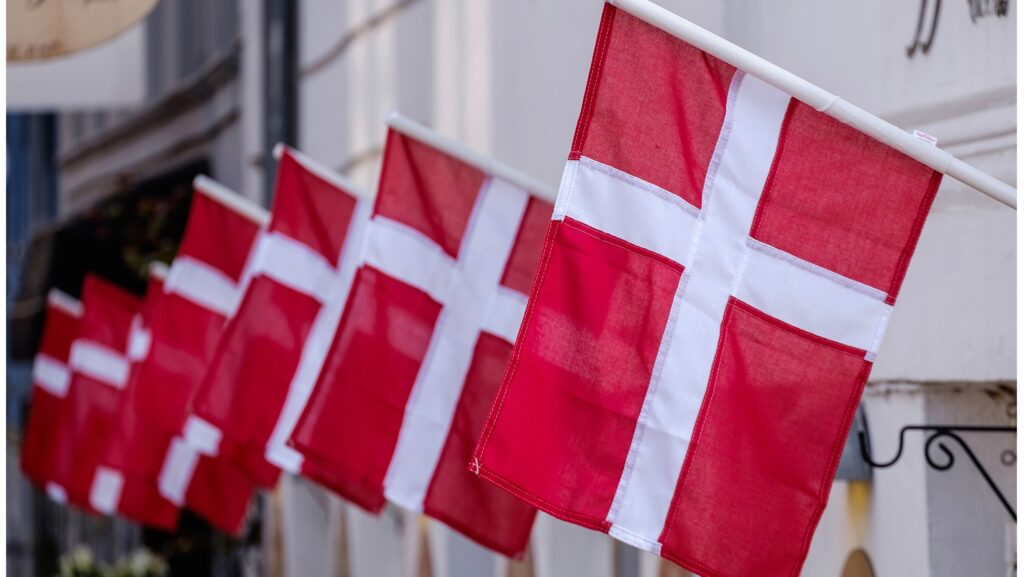The Hungarian Science Festival begins on Friday, during which the Hungarian Academy of Sciences (MTA) welcomes the public with several hundred science outreach programmes for a month, both within and beyond the borders, in the countryside and in the capital.
This year, MTA’s 20th-anniversary event series is being held under the motto ‘Science: Answers to Global Challenges,’ with one of its main themes being artificial intelligence.
According to the Academy’s statement, in addition to artificial intelligence, topics will include the war in Ukraine, key dimensions of sustainability, environmental issues, guidance from a literary historian on the Petőfi legend, and the reasons behind the Nobel Prize in physics for research on attoseconds.
The capital city events of the free-to-attend programme series will be held at the House of Humanities Research this year due to the renovation of the MTA headquarters. Every other year, the opening ceremony of the one-month event is hosted by one of MTA’s regional committees, with Szeged being the host this year. The gathering will be addressed by Anna Erdei, Deputy Secretary-General of the Hungarian Academy of Sciences and Chairman of the Programme Council of the Hungarian Science Festival, and Tamás Freund, President of the Hungarian Academy of Sciences, will also deliver a speech.
On 6 November, the Science Festival+, an event series begins,
which can be followed not only on-site but also through live broadcasts and from recorded footage later for those interested.
This year, the Science Festival+ programme will address the most current topics in a dynamic style.
As part of the programme, among other things, linguist and mathematician Gábor Prószéky will give a lecture on how ChatGPT works, what it is used for, and how dangerous it is, while evolutionary biologist Eörs Szathmáry will present the real dangers of artificial intelligence from an evolutionary perspective. György Csepeli will examine the positive and negative possibilities of superintelligence predicted by Nick Bostrom in an age of uncertainty. Róbert Milbacher, a literary historian and author, will explore what cultural legends surrounding the life of Sándor Petőfi mean from a community’s perspective and how cultural beliefs draw from reality.
In addition to an all-day interdisciplinary conference to commemorate the 150th anniversary of the unification of Pest, Buda, and Óbuda, the organizers will also present the nocturnal, ‘dishevelled, unkempt’ face of 19th-century Budapest with the help of Tünde Császtvay. The presentation reveals, for example, that the unusually rapid development of Budapest as a major city led to the mass proliferation of prostitution and its far-reaching consequences within a few decades, becoming one of the greatest social problems.
At the event, laser physicist Péter Dombi, a student of Ferenc Krausz, will demonstrate how to take high-speed photographs of the ultrafast motion of electrons using lasers, and how these important basic research findings can be used for societal purposes, such as early diagnosis of cancer.
Nobel laureate Ferenc Krausz himself will also join the presentation through a conference call.
In addition to the Hungarian researcher, another Nobel laureate in laser physics, Gérard Mourou, will give a presentation at the event on ‘Extreme Light Pulses in the Service of Science and Society.’
Among the featured speakers, there is also hydrogeologist Péter Szűcs, who will address the challenges of utilizing underground waters; sound researcher Balázs Szendőfi will give a presentation on the ‘river-killing’ effects of dams. Biologist-economist Benedek Zsófia will explore whether local food production and consumption truly contribute to the sustainability transition. Ferenc Kaiser, an associate professor at the National University of Public Service, will discuss the current stage of the Ukraine conflict, and there will also be discussions on the theoretical and regional questions related to the changing world order.
The presentations, as well as the opening ceremony in Szeged, will be livestreamed on the MTA’s YouTube channel. The full programme of the event series is available on the tudomanyunnep.hu website. According to the information provided, all programmes, including those aimed at the general public for educational purposes, can be attended free of charge, but due to limited seating, registration is required.
The Hungarian Science Festival has been organized since 2003, commemorating the fact that on 3 November 1825, István Széchenyi offered one year’s income from his estates to establish the Society of Scholars, which is considered the predecessor of the Hungarian Academy of Sciences (MTA).
Related articles:








